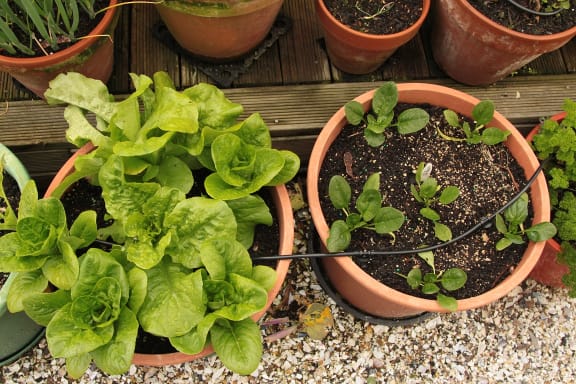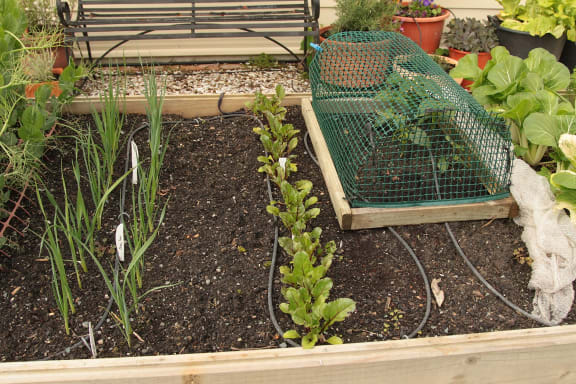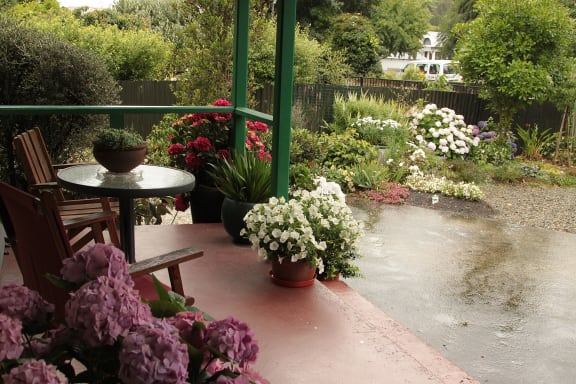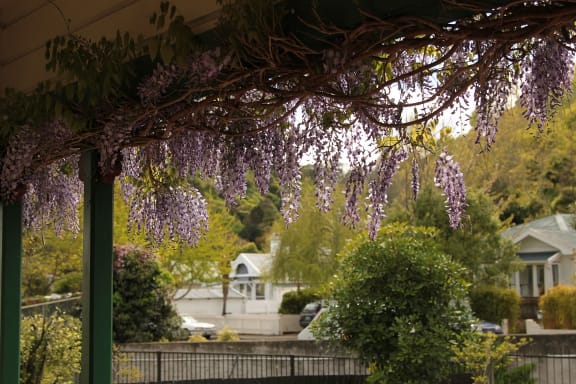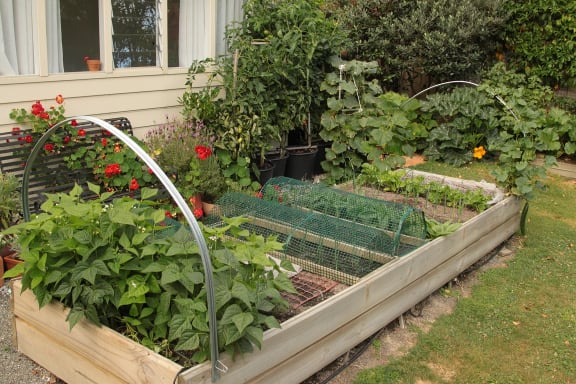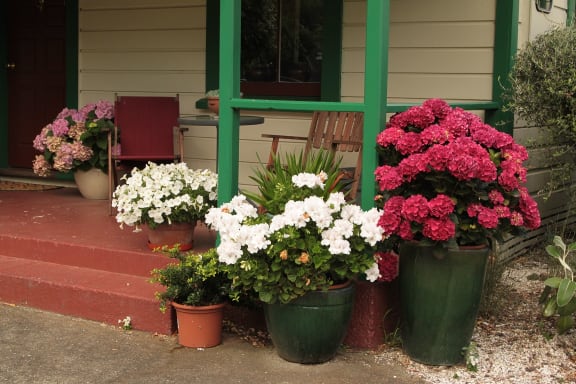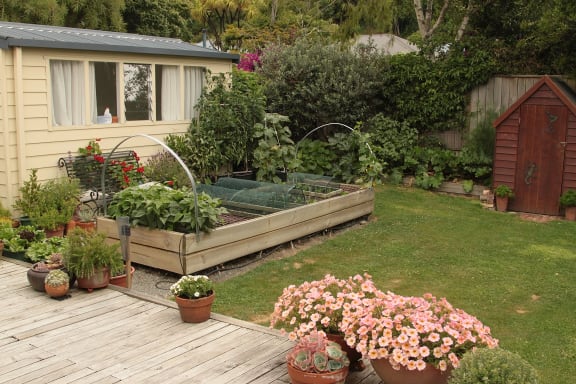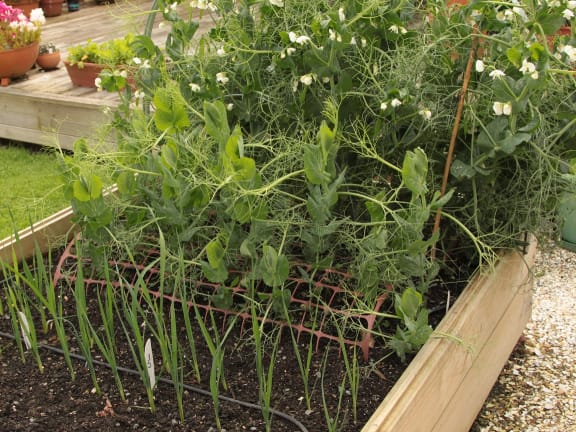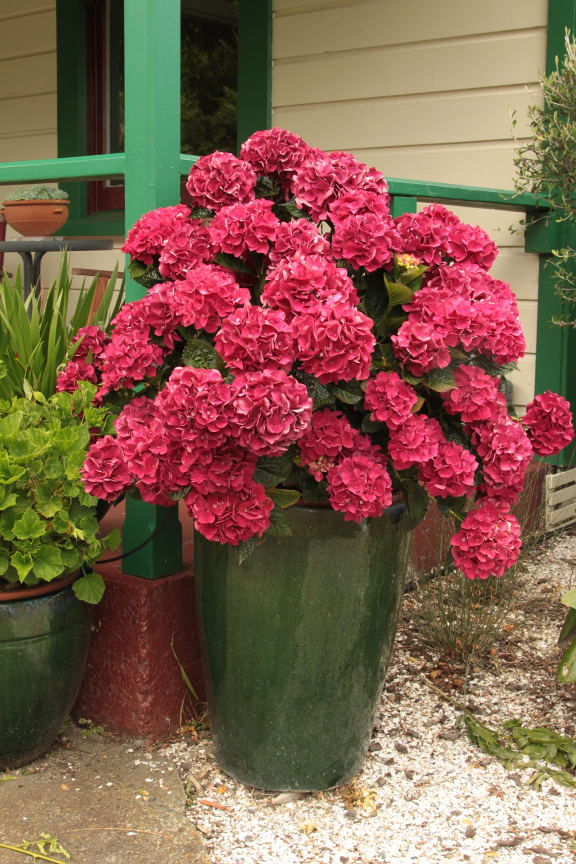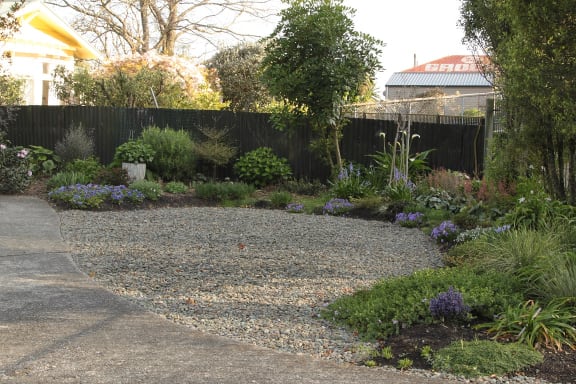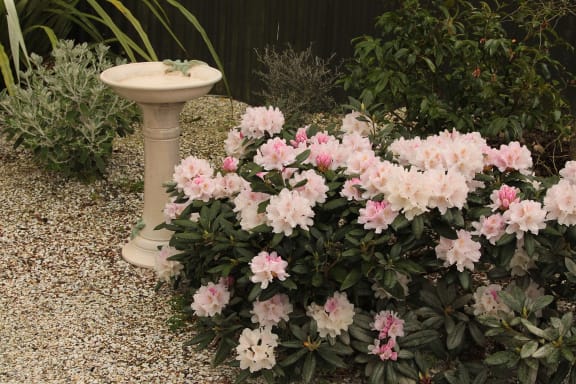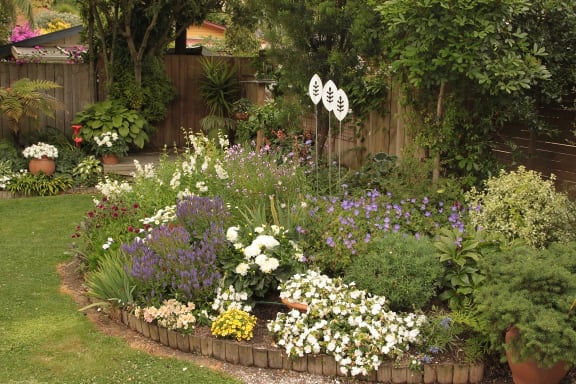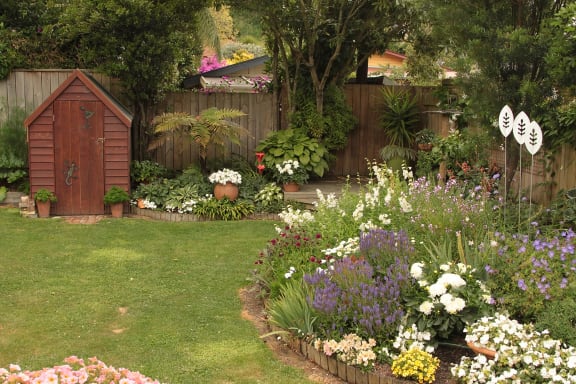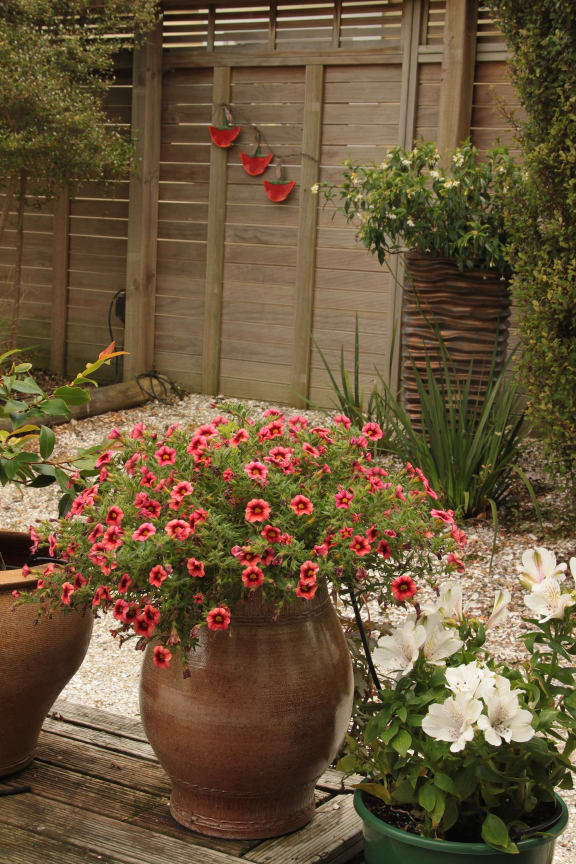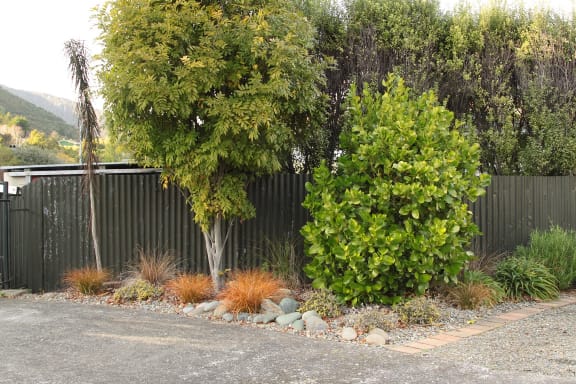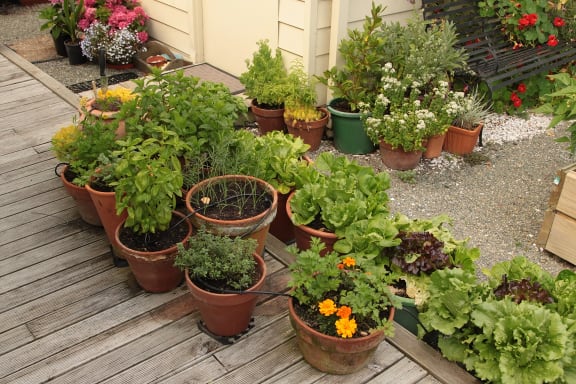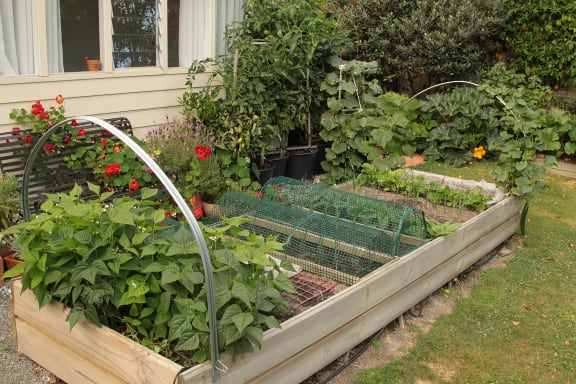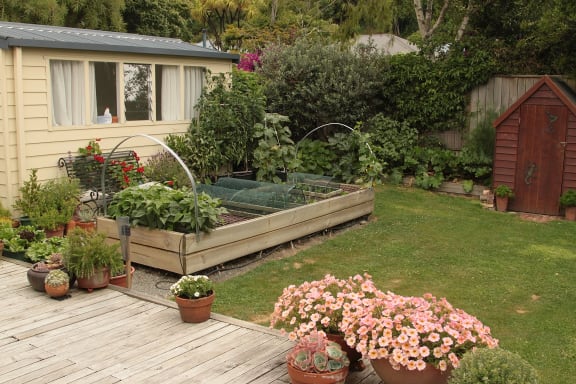After seeing one too many websites with dodgy information about pest control, Nelson horticulturist Bill Brett decided to write a book to give people some facts based on science.
He shares some tips for keeping your home garden pest and disease-free.
The 1970s and 1980s were the "golden years of gardening" when around 300 independent garden centres flourished around the country, Bill says.
But with many specialist garden centres closing and getting replaced by big-box stores, there has been a steep drop-off in knowledge and price wars have led to lower-quality products.
Garden centres will be more upfront with advice and less inclined to sell you something that's not going to help your garden, he says.
But the big-box stores aren't all bad, he says. It can depend on who you talk to on the day.
"Some staff are very knowledgeable and if you strike one of those you can get a lot of help."
To spray or not to spray
Bill recently conducted a private survey of home gardeners.
About 5 percent were "disciplined keen organic gardeners", about 30 percent "put their hand half-up and said 'Call me organic lite'" and the remainder just wanted the best out of their garden.
Pesticides aren't as toxic as they're made out to be, he says.
Now that organic phosphates have been phased out, there are no scheduled poisons sold for the home garden, but there are a couple of organic products that are suspected carcinogens.
"You can't just lump things into synthetic or organic and say one's good and one's not good. It's very cross-pollinated now, as it were."
Bill isn't anti-pesticides himself, but at home he doesn't grow anything that has to be sprayed.
"It's a job I'd rather not do, it's like weeding. I'd rather put my focus on prevention methods, using better varieties which give me a more satisfying result anyway."
Compost
If you don't want to use compost you will still get a yield, but it won't be very big – and you'll need much more space and much more work to achieve it, Bill says.
His vege garden has one raised bed of 4m x 1.2m which he pots with soil. and 12 35-litre pots which he pots with potting mix.
"I get three crops a year out of every square inch of that, and that keeps me in vegetables. My total costs per year are about $200 and I yield about $1,200 worth of produce."
Watering
On his vege garden, Bill uses a small soak hose – a thin hose made out of recycled car tyres which you plug your regular hose into it.
The soak hose has pores in it so the water drips out rather than squirts.
"The idea is you're just watering the roots, so you don't lose any from evaporation and you're keeping it off the leaves, which is the really important thing."
Two common pests – aphids and whitefly
First rule: Get on to them as soon as they appear before they start multiplying.
"Don't wait and say 'It mightn't get too bad" because the fact is it will get bad."
Aphids are the most common pest. Look out for aphid-resistant lettuce varieties.
Whitefly – the second most common pest – are easy to kill but hard to get rid of, he says.
To combat whitefly, Bill uses the Yates product Mavrik with Grosafe EnSpray 99 – a high-purity organic paraffin oil made in Tauranga.
"It's particularly good at sucking insects like aphids and whitefly. If you add Mavrik to it for whitefly then you get a pretty good result."
Bill's tips:
-
Choose pest or disease-resistant varieties
-
Adopt scientifically proven practices such as garden hygiene (removing decaying matter), rotating crops and using a fertiliser with a potash level equal to its nitrogen level.
-
Water with a soak hose, rather than a sprinkler – "If we're sprinkling water over the leaves every day or two, that makes perfect conditions for disease development."
The above practises combined should reduce instances of disease by 80 or 90 percent, he says.
